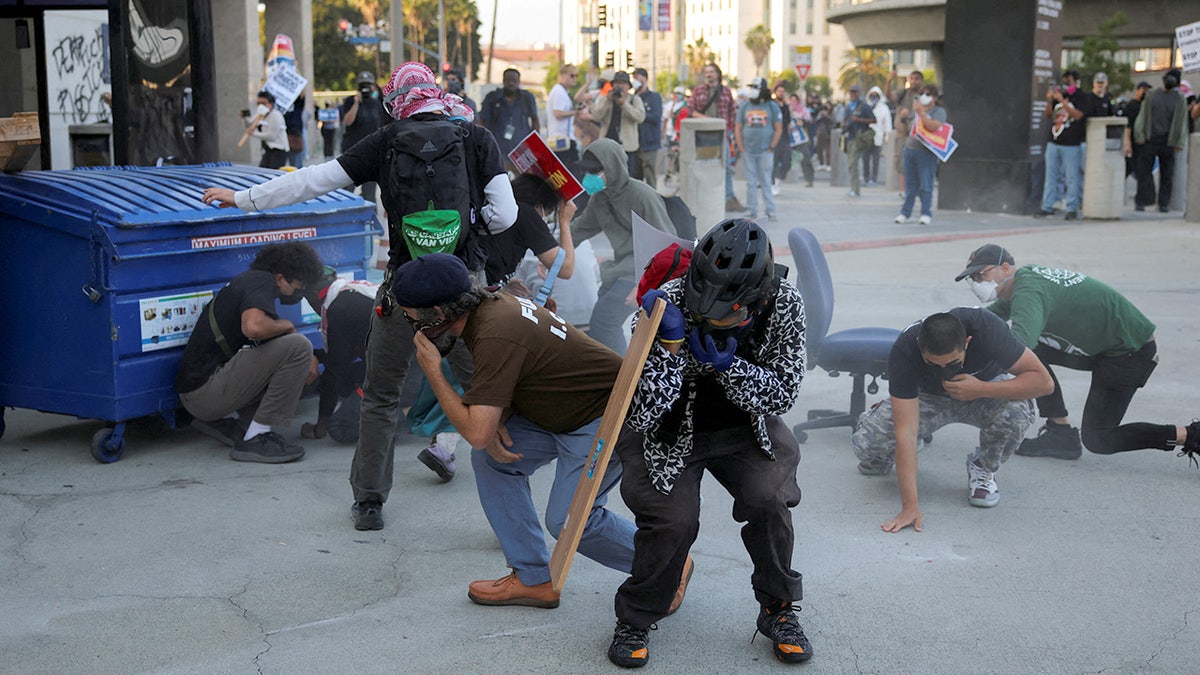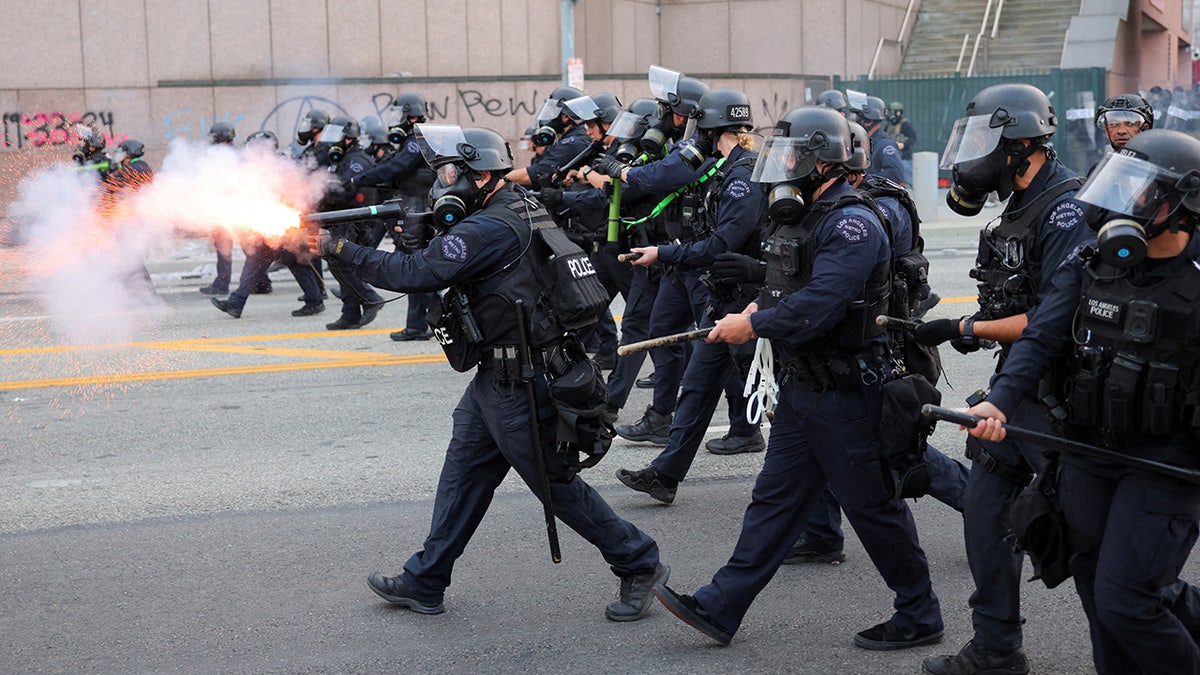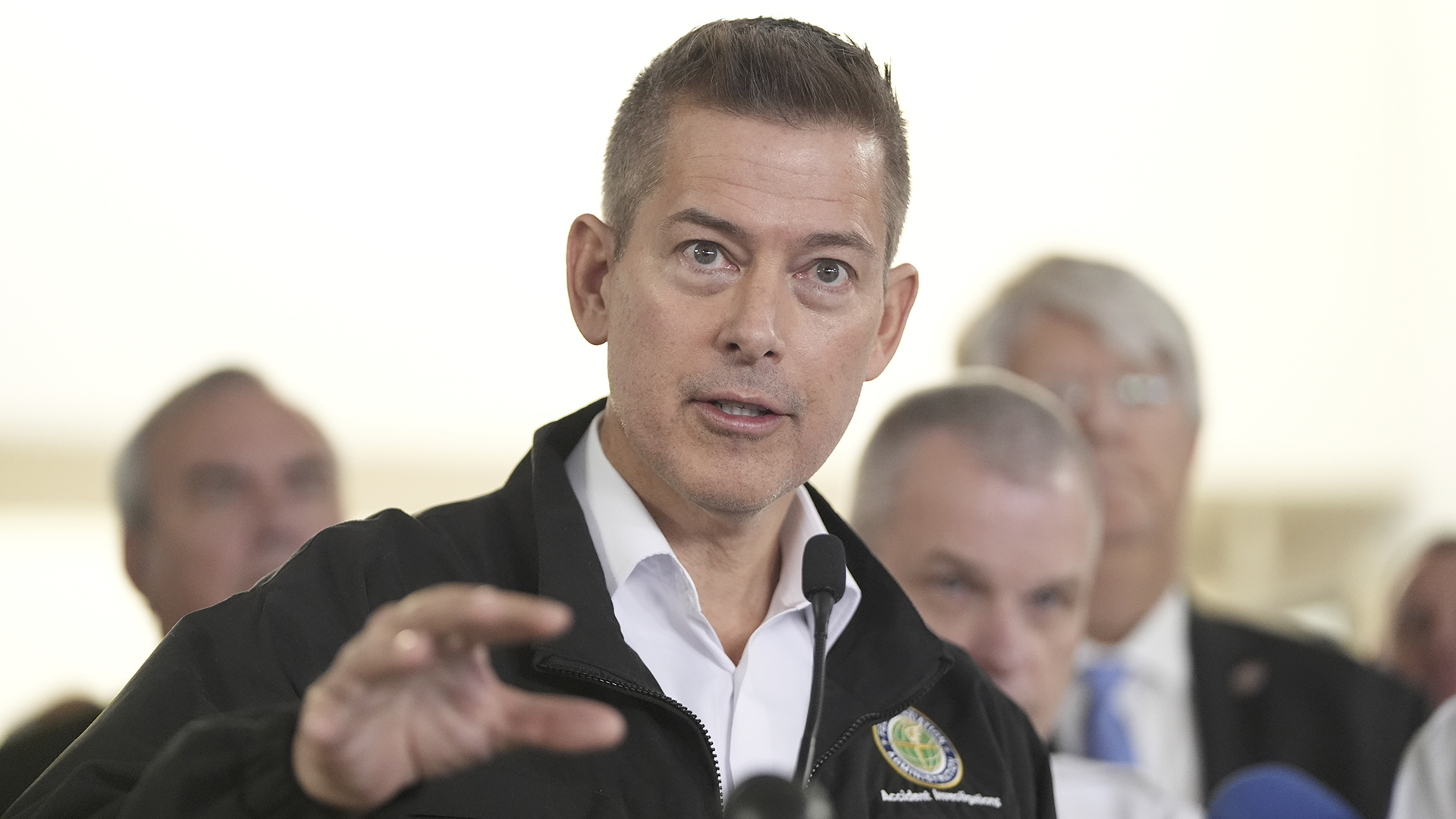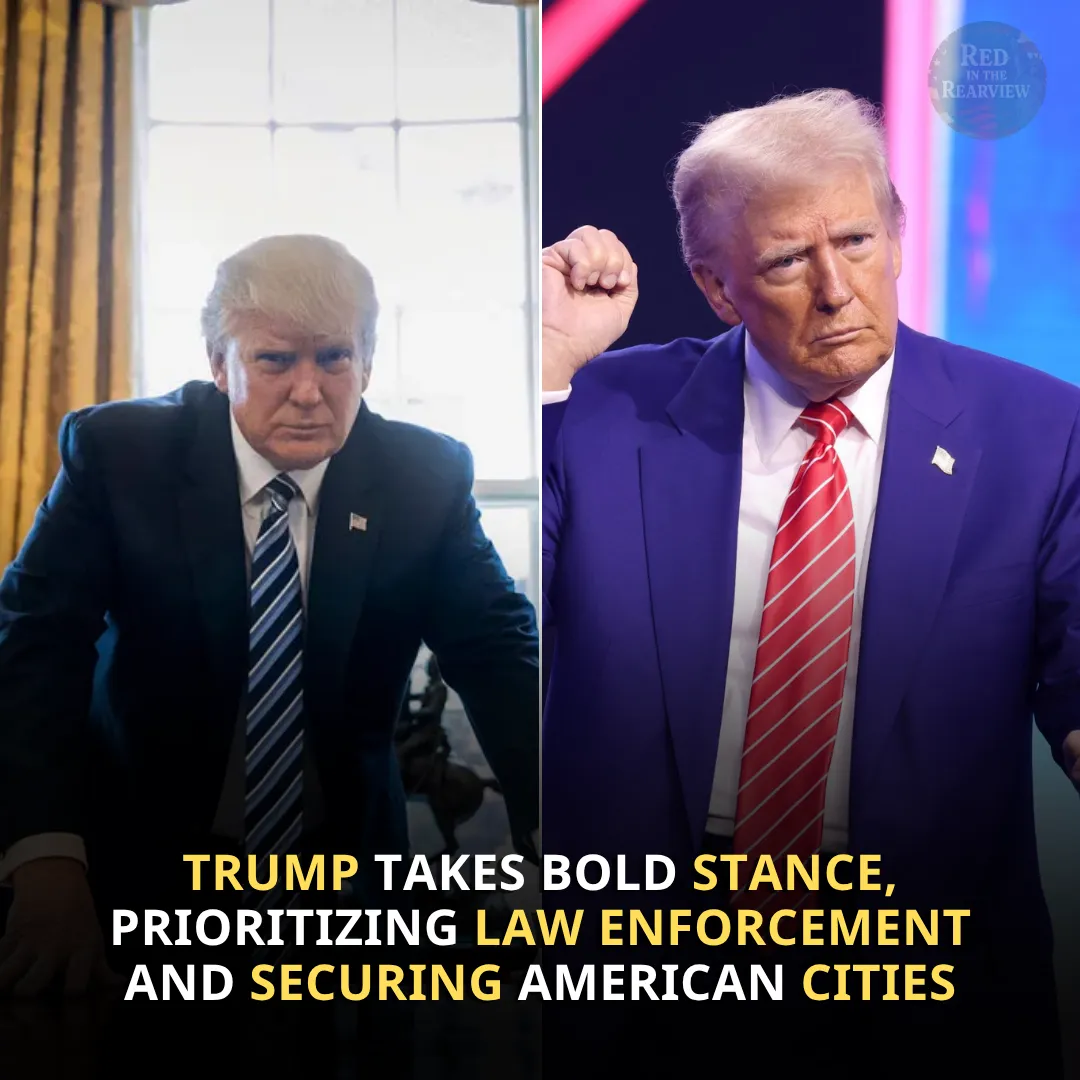In a bold statement that has echoed across political circles, U.S. Transportation Secretary Sean Duffy issued a stern warning to states that fail to cooperate with Immigration and Customs Enforcement (ICE). Speaking in a press conference Monday, Duffy declared that states and cities defying federal immigration enforcement laws should not expect financial assistance from the federal government for infrastructure projects.
This announcement targets what he described as "rogue state actors" who refuse to collaborate with federal immigration authorities, signaling a tougher stance by the Trump administration on states that provide sanctuary to undocumented immigrants.
Duffy’s warning, aimed directly at political leaders in states like California, comes at a time of increasing tension between local authorities and the Trump administration. The most immediate focus has been on California Governor Gavin Newsom’s policies, which have repeatedly clashed with the federal government, particularly in regard to immigration enforcement and the national guard’s role.
Duffy’s comments were clear: states that allow lawlessness and fail to enforce federal laws will pay the price, and that price will be the withholding of federal funds needed for rebuilding America’s critical infrastructure.
"The USDOT will not fund rogue state actors who refuse to cooperate with federal immigration enforcement," Duffy stated. "And to cities that stand by while rioters destroy transportation infrastructure — don’t expect a red cent from DOT, either. Follow the law, or forfeit the funding."
The remarks were clearly intended as a direct hit on California, as well as other sanctuary cities like Los Angeles, Chicago, and New York City. These cities have long resisted federal policies concerning illegal immigration and have been at the heart of protests against ICE raids, with some local authorities even restricting law enforcement cooperation with federal immigration authorities.

Duffy’s warning builds on President Donald Trump’s recent comments praising ICE officers and their role in the administration’s ongoing efforts to curb illegal immigration. Trump took to social media platform Truth Social to share his message of support for the agency, which has faced growing criticism and violent backlash from certain segments of the political spectrum.
“Every day, the brave men and women of ICE are subjected to violence, harassment, and even threats from radical Democrat politicians, but nothing will stop us from executing our mission, and fulfilling our mandate to the American people,” Trump wrote.
Duffy echoed the President’s sentiments, expressing admiration for ICE’s role in the largest mass deportation operation in U.S. history, positioning it as a central element of Trump’s broader immigration strategy. Duffy’s remarks also tied ICE’s actions to broader national security concerns, painting non-cooperative cities and states as weak links in a chain of national defense.

However, not everyone agrees with Duffy’s assessment of the situation. In California, Governor Newsom’s office quickly rebuffed the Transportation Secretary’s statement, arguing that the state already cooperates with federal immigration authorities, particularly when dealing with individuals convicted of serious crimes.
“Contrary to misinformation, California communicates and coordinates with federal immigration authorities when it involves individuals convicted of serious crimes,” said Daniel Villaseñor, a spokesperson for Newsom. Villaseñor pointed out that under Newsom’s leadership, the California Department of Corrections and Rehabilitation has worked with ICE to transfer over 10,500 individuals into federal custody, including violent offenders such as murderers and rapists.
Newsom’s office argues that California’s approach strikes a balance between protecting public safety and preserving the rights of its immigrant population. According to Villaseñor, the state’s policies have been upheld twice by the Ninth Circuit Court of Appeals, which ruled that California’s stance on immigration enforcement is constitutional.

From the perspective of federal officials like Duffy and Trump, sanctuary cities are seen as impediments to national security and public order. Trump’s messaging on this issue has remained consistent, calling out sanctuary cities as breeding grounds for criminal activity, with certain major urban centers leading the way in resisting federal immigration law enforcement.
Duffy echoed these sentiments in his press briefing, stressing that compliance with federal laws would be a prerequisite for receiving federal infrastructure funds.
"Cities like Los Angeles, Chicago, and New York that refuse to cooperate with federal immigration enforcement risk losing out on much-needed federal resources," Duffy warned.
Duffy’s statement came in response to ongoing protests and riots in cities like Los Angeles, where clashes between demonstrators and law enforcement have led to widespread damage to public infrastructure. The Trump administration has blamed these disruptions on liberal political leaders who have allowed protests to escalate into violent confrontations.
The Los Angeles protests, in particular, have put Mayor Karen Bass in the spotlight as she has clashed with Trump over immigration enforcement policies. Bass has been vocal in her criticism of ICE raids, particularly those that target immigrant workers in the city’s essential sectors, including agriculture and construction.
In an interview with CNN, Bass called the disruptions caused by ICE raids "devastating" and claimed they have deeply affected the city's economy, which relies heavily on immigrant labor.

As the federal government’s warning reverberates through political circles, local leaders continue to voice their opposition. Chicago Mayor Brandon Johnson, for example, has fiercely criticized both President Trump and ICE, equating their actions with those of 19th-century Confederacy-era leadership. Johnson warned that Trump’s policies represent a return to a bygone era of racial segregation and oppressive governance.
"There should be no question to what our country would look like had the Confederacy won – we’re seeing it on full display," Johnson said.
In contrast, New York Mayor Eric Adams has taken a more pragmatic approach, signaling his city’s willingness to cooperate with federal authorities when it comes to enforcing the law. Adams has instructed the NYPD not to interfere with ICE operations, particularly when individuals are blocking roads or impeding federal authorities in their enforcement actions.
"If you were those who were sitting in the roadway, blocking trucks, blocking pedestrians or blocking parents from wanting to go to the job … it’s not going to happen in the city," Adams said during an appearance on "Fox & Friends."

The dispute over immigration enforcement underscores a larger ideological divide between federal and local authorities, particularly in states with significant immigrant populations. On one hand, you have conservative leaders like Duffy and Trump who advocate for stricter enforcement of immigration laws, viewing it as a matter of national security and public safety.
On the other hand, liberal leaders argue that cooperation with federal immigration authorities should not come at the expense of community safety, particularly in immigrant-heavy areas where local resources should be focused on addressing crime rather than deportation.
For many, the decision to comply with federal immigration policies is not just a matter of law enforcement but also one of values. As the debate continues, states and cities will have to weigh the economic and social consequences of non-compliance, especially when federal funds for infrastructure projects hang in the balance.
Secretary Sean Duffy’s warning to sanctuary cities has reignited the debate over immigration enforcement and the role of local governments in upholding federal laws. With the Trump administration taking a hardline stance on immigration, the question remains whether cities like Los Angeles, Chicago, and New York will choose to comply with federal demands or continue to push back against what they perceive as an overreach of federal power.
As the situation unfolds, one thing is clear: the battle over immigration will continue to shape America’s political landscape for years to come.


-1753935703-q80.webp)
